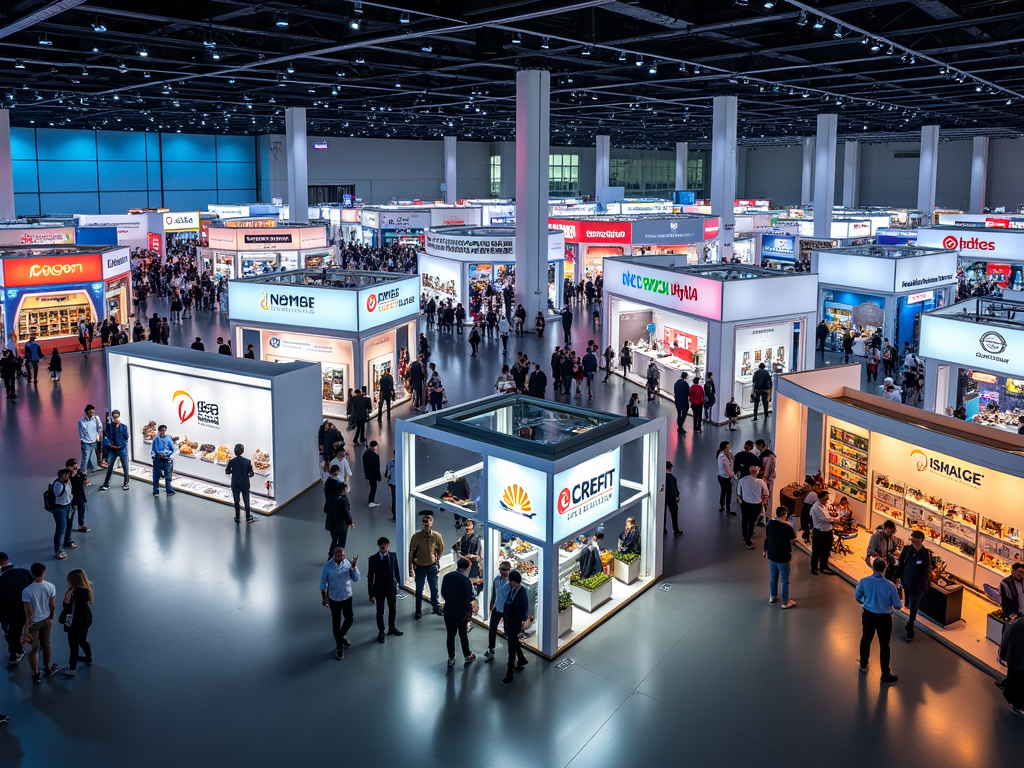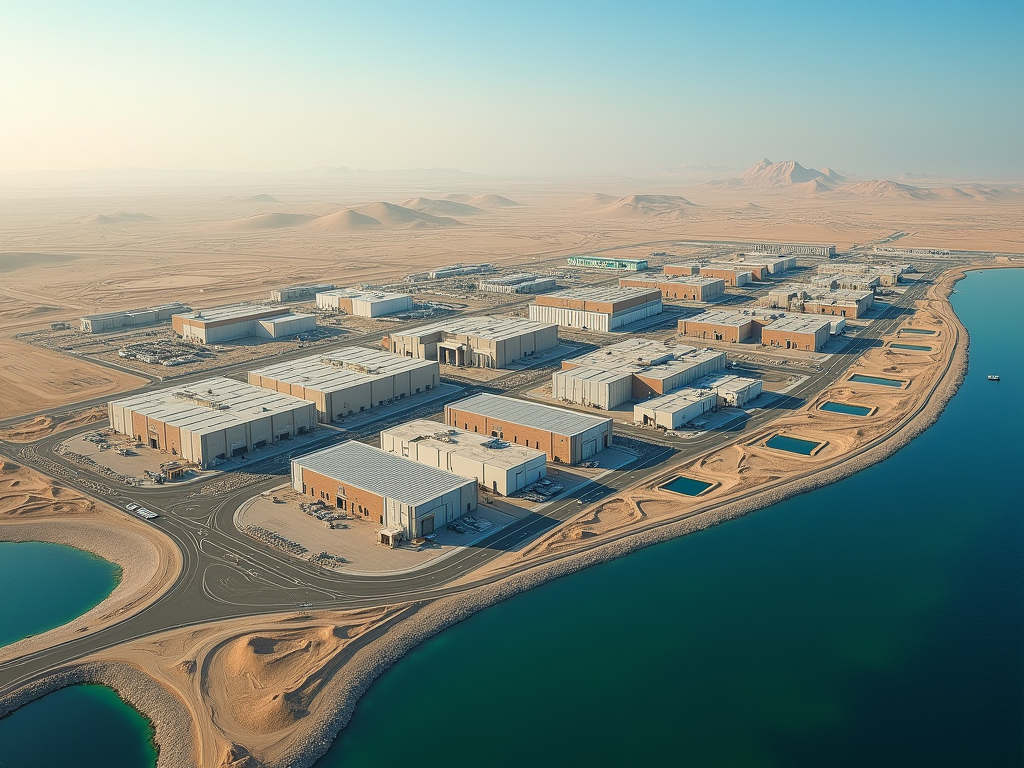Dubai’s Free Zones play a pivotal role in attracting global businesses by offering numerous incentives that enhance economic possibilities and foster entrepreneurship. Established to boost foreign direct investment (FDI), these specialized zones enable businesses to operate with full ownership, tax exemptions, and unrestricted repatriation of profits. This article will delve into the unique characteristics of Dubai’s Free Zones, their advantages, economic impact, and how they contribute to the emirate’s status as a global business hub.
Understanding Dubai’s Free Zones

Dubai is home to over 30 Free Zones, each designed to cater to specific industries and business needs. These zones provide comprehensive support infrastructure, including modern office space, logistics facilities, and services tailored to specific sectors. The primary goal of these Free Zones is to create an environment where international businesses can thrive without the typical restrictions faced in other markets. The competitive landscape of Dubai’s Free Zones includes:
- Dubai Multi Commodities Centre (DMCC) – A hotspot for commodities trading.
- Dubai International Financial Centre (DIFC) – Catering to finance and banking sectors.
- Dubai Silicon Oasis – Targeting technology and innovation companies.
- Jebel Ali Free Zone – Focused on manufacturing and logistics.
- Dubai Healthcare City – Specializing in healthcare and wellness services.
Key Advantages of Operating in Free Zones

The allure of Dubai’s Free Zones stems from an array of benefits that significantly enhance operational efficiency and profitability. Businesses in these zones enjoy several perks, including:
- 100% foreign ownership: Entrepreneurs are not required to partner with a local sponsor.
- Tax incentives: Companies benefit from zero corporate taxes and import/export duties.
- Easy setup and licensing: Smooth and quick registration processes streamline business commencement.
- Strategic location: Proximity to emerging markets in the Middle East, Asia, and Africa.
- Infrastructure and connectivity: State-of-the-art facilities promote operational efficiency.
Dubai’s Free Zones contribute significantly to the emirate’s economy through job creation, innovation, and diversification of its economic base. By attracting global businesses, these zones bolster trade and investment flows while fostering a culture of entrepreneurship. The impact can be observed in the following ways:
- Foreign Direct Investment (FDI): Free Zones are a major attraction for FDI, facilitating billions of dollars in investments.
- Job creation: As businesses thrive, employment opportunities expand across various sectors.
- Revenue generation: The activities within these zones contribute to government revenue through licensing and fees.
- Innovation promotion: Free Zones stimulate research and development, particularly in technology and finance.
- Sectoral diversification: They help Dubai shift its economic reliance away from oil to various industries.
Challenges Faced by Free Zones
While Dubai’s Free Zones provide numerous advantages, they are not without challenges. Companies face competition from within the Free Zones as well as from other international business hubs. Other common challenges include:
- Regulatory constraints: Compliance with specific regulations can sometimes be complicated.
- Market saturation: An influx of businesses can lead to increasing competition.
- Economic fluctuations: Global economic downturns can impact the attractiveness of these zones.
- Dependency on particular sectors: Certain Free Zones focus heavily on niche markets, risking vulnerability.
- Resource availability: As business volumes grow, demand for local resources can strain availability.
Conclusion
In summary, Dubai’s Free Zones are a cornerstone of the emirate’s strategy to foster global business relations and enhance its economic landscape. With unparalleled benefits, a supportive regulatory framework, and a strategic location, these zones attract a diverse range of industries and contribute to the UAE’s economic diversification. While challenges exist, the continued evolution and focus on innovation within these zones ensure Dubai remains a competitive player on the global business stage.
Frequently Asked Questions
1. What types of businesses can operate in Dubai’s Free Zones?
Dubai’s Free Zones cater to a diverse range of industries, including trade, finance, technology, manufacturing, and healthcare, among others.
2. Are there any setup costs associated with establishing a business in a Free Zone?
Yes, businesses may incur costs related to licensing, office space, and registration; however, these are typically offset by the tax benefits and other incentives offered.
3. How long does it take to establish a business in a Free Zone?
The setup process can vary but generally takes between a few days to a few weeks, depending on the type of business and the complexity of the licensing requirements.
4. Can free zone companies conduct business outside the UAE?
Yes, companies in Dubai’s Free Zones can trade internationally, but they may need to partner with a local entity for business operations within the UAE market.
5. Do Free Zones offer support services for startups?
Yes, many Free Zones provide support services, such as mentorship, funding opportunities, and access to networking events, specifically designed to help startups succeed.
